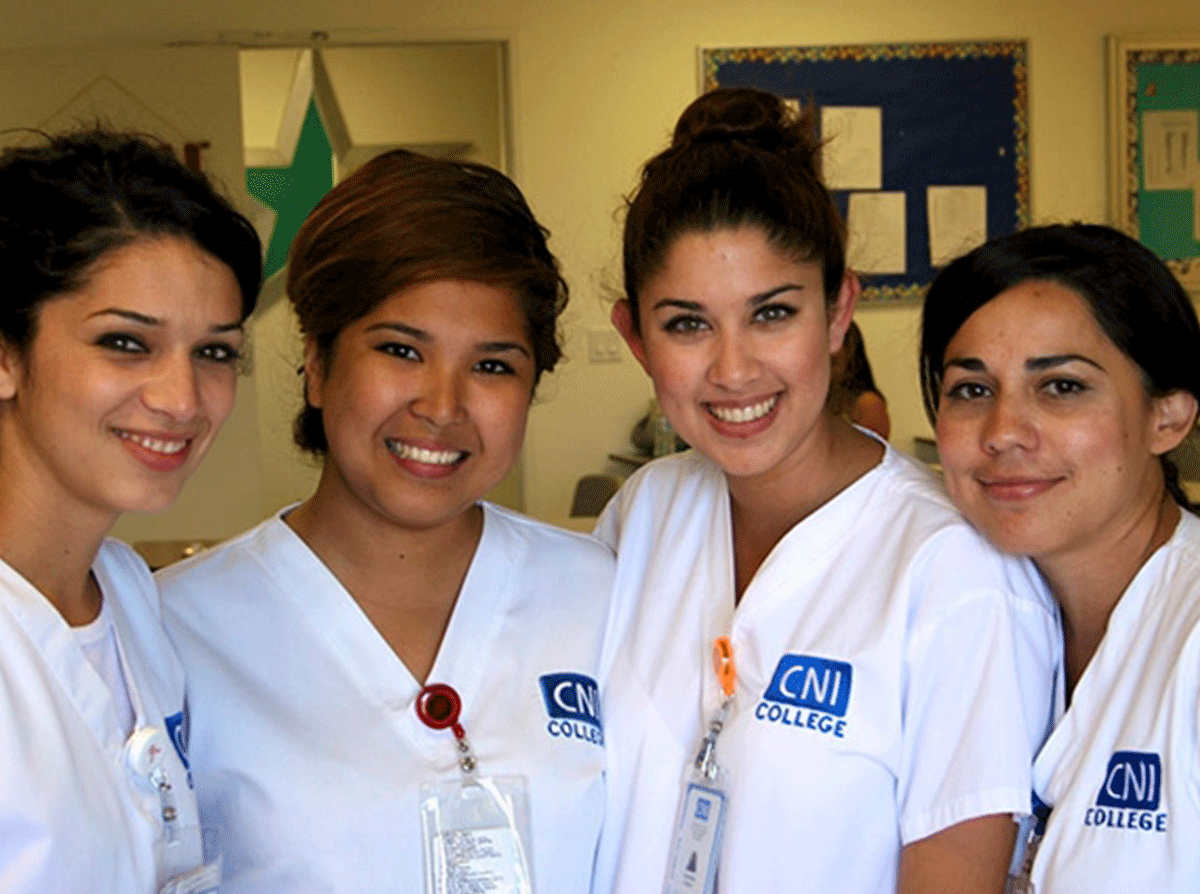Nursing is a dynamic and rewarding career that offers a wide range of roles, settings, and opportunities. In California, there are various educational pathways you can take to become a nurse, depending on your career goals. Whether you’re just starting out or looking to advance in the field, it’s important to understand what educational requirements are needed for different nursing roles, as well as the types of workplaces where you can apply your skills. In this guide, we’ll cover the educational paths, certifications, and career opportunities for nurses in California.
Educational Pathways and Career Roles for Nursing in California
The type of education you pursue determines the types of roles you can fill and where you can work. Let’s explore the different nursing levels and their associated job opportunities.
Licensed Vocational Nurse (LVN)
Education Needed:
- A Vocational Nursing Program, typically about a year long, offered by community colleges, technical schools, and vocational institutions.
LVN Roles and Workplaces:
- LVNs provide basic nursing care under the supervision of RNs or doctors. Their duties may include monitoring vital signs, administering medications, and assisting with patient hygiene.
Where They Work:
- Long-term care facilities and nursing homes
- Hospitals (often in support roles)
- Rehabilitation centers
- Home healthcare agencies
- Outpatient clinics
Job Titles:
- Vocational Nurse
- Clinic Nurse
- Home Health LVN
Licensing and Certification:
- Exam Needed: LVNs must pass the NCLEX-PN exam to become licensed in California.
- Certifications: LVNs can pursue certifications in areas like IV therapy, wound care, or gerontology to expand their scope of practice and enhance job opportunities.
Registered Nurse (RN)
Education Needed:
- A registered nurse is required to have either an Associate Degree in Nursing (ADN), which is typically a 2-year program, or a Bachelor of Science in Nursing (BSN), which is typically a 3 to 4-year program that provides a more comprehensive education.
RN Roles and Workplaces:
- RNs have a broader scope of practice than LVNs. They can perform medical assessments, develop care plans, administer medications, and collaborate with other healthcare professionals.
Where They Work:
- Hospitals (in areas such as emergency, surgery, or critical care)
- Outpatient and ambulatory care centers
- Community health clinics
- Schools (as school nurses)
- Public health agencies
- Home healthcare
Specializations: RNs can choose to specialize in areas such as:
- Pediatrics, Oncology, Critical Care, Mental Health, Neonatal Intensive Care (NICU)
- Cardiac Nursing, Geriatrics, Labor and Delivery (Obstetric Nursing)
- Surgical Nursing (Perioperative Nursing), Infection Control, Pain Management
- Wound Care (Wound, Ostomy, and Continence Nursing), Endoscopy Nursing, Emergency Nursing
- Hospice and Palliative Care, Community/Public Health Nursing, School Nursing
- Forensic Nursing, Travel Nursing, Diabetes Nursing, Respiratory Nursing, and more.
Job Titles:
- Staff Nurse
- Charge Nurse
- Public Health Nurse
- School Nurse
- Home Health Nurse
Licensing and Certification:
- Exam Needed: To become an RN, you must pass the NCLEX-RN exam after completing an accredited nursing program.
- Certifications: RNs can further their career by obtaining certifications in specialties such as pediatric nursing, oncology nursing, or critical care (CCRN). These certifications are offered by professional organizations and demonstrate expertise in specific areas of nursing.
Advanced Practice Registered Nurse (APRN)
Education Needed:
- Requires a Master of Science in Nursing (MSN) or a Doctor of Nursing Practice (DNP), depending on the specialty.
APRN Roles and Workplaces:
- APRNs are highly skilled nurses who can take on leadership roles and provide advanced care. Depending on their specialty, APRNs may diagnose and treat medical conditions, prescribe medications, and serve as primary care providers.
Where They Work:
- Hospitals (in specialized units such as intensive care or surgical units)
- Private practices or clinics (as primary or specialty care providers)
- Specialty healthcare clinics (such as cardiology, neurology, or oncology)
- Community health centers
- Universities and research institutions
Common APRN Specialties: With the higher level of education needed for APRNs, they tend to have roles carrying greater responsibility, such as:
- Nurse Practitioners (NPs): NPs often serve as primary care providers, diagnosing and treating patients, prescribing medications, and focusing on preventive care.
- Certified Nurse Anesthetists (CRNAs): CRNAs administer anesthesia and provide care before, during, and after surgical procedures.
- Nurse Midwives (CNMs): CNMs specialize in reproductive health, childbirth, and prenatal/postnatal care.
- Clinical Nurse Specialists (CNSs): CNSs often work in hospitals, providing expert advice on patient care in specialized areas like oncology, pediatrics, or mental health.
Job Titles:
- Nurse Practitioner
- Nurse Anesthetist
- Nurse Midwife
- Clinical Nurse Specialist
- Nurse Educator
- Nurse Researcher
Licensing and Certification:
- APRNs must obtain national certification in their chosen specialty (e.g., family nurse practitioner, nurse anesthetist) through certifying bodies such as the American Nurses Credentialing Center (ANCC) or American Association of Nurse Practitioners (AANP). They must also apply for an APRN license from the California Board of Registered Nursing.
Licensing and Certification Requirements
Once you’ve completed your education, you must obtain the appropriate licensure and certifications to work in your chosen field.
- Licensed Vocational Nurse (LVN): Pass the NCLEX-PN exam.
- Registered Nurse (RN): Pass the NCLEX-RN exam.
- Advanced Practice Registered Nurse (APRN): Obtain national certification in a chosen specialty (e.g., NP, CRNA), and apply for an APRN license from the California Board of Registered Nursing.

Continuing Education and Career Advancement
Nurses in California are required to complete continuing education (CE) every two years to maintain their licenses and stay current with medical advancements.
Continuing Education Requirements:
- California nurses need 30 hours of continuing education every two years.
Career Advancement Opportunities:
- LVNs can pursue bridge programs to become RNs.
- RNs can pursue a BSN or MSN to advance their careers or take on specialized roles.
- APRNs may choose to continue their education, pursue a Doctor of Nursing Practice (DNP), or move into leadership, research, or teaching positions.

